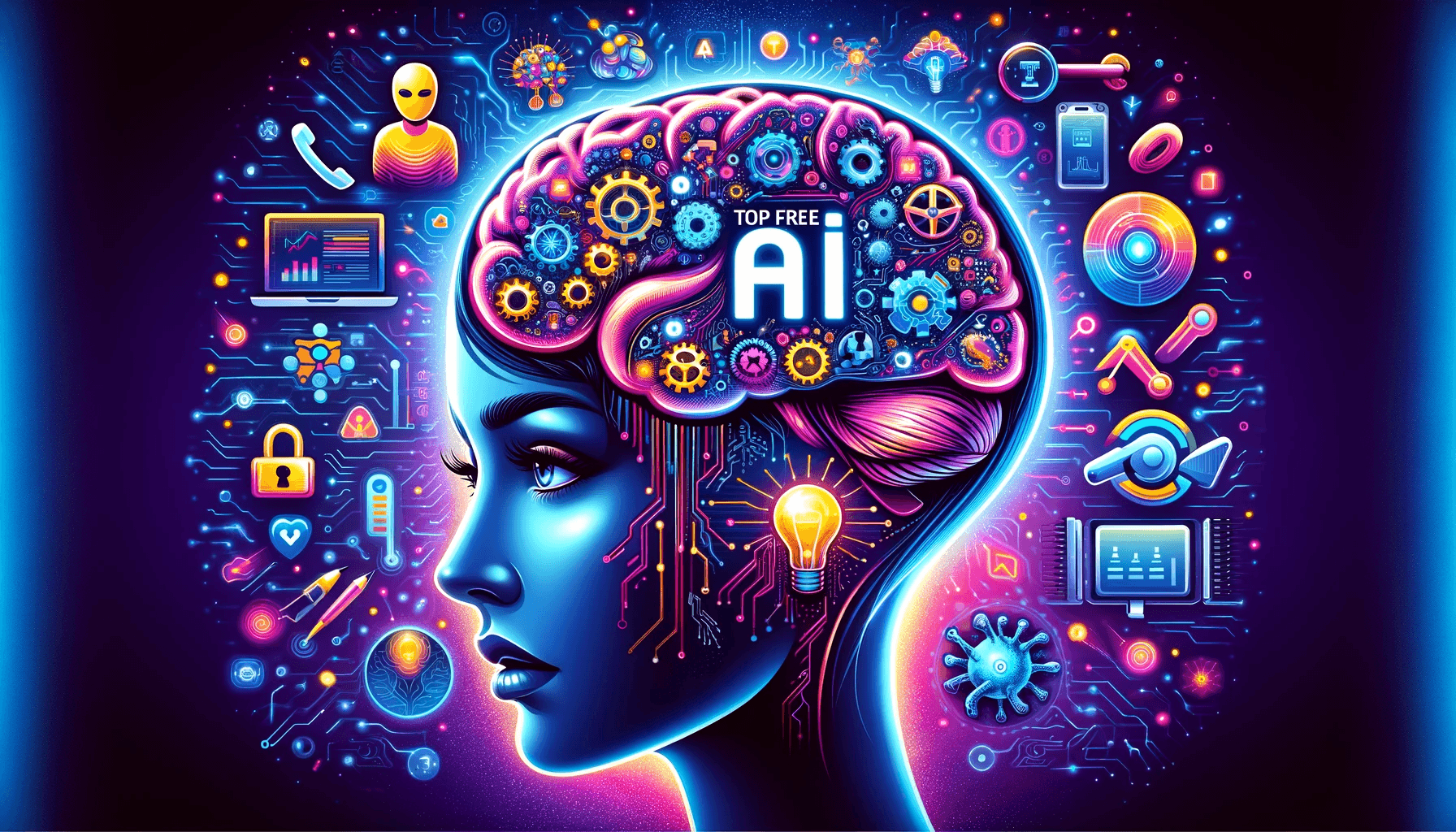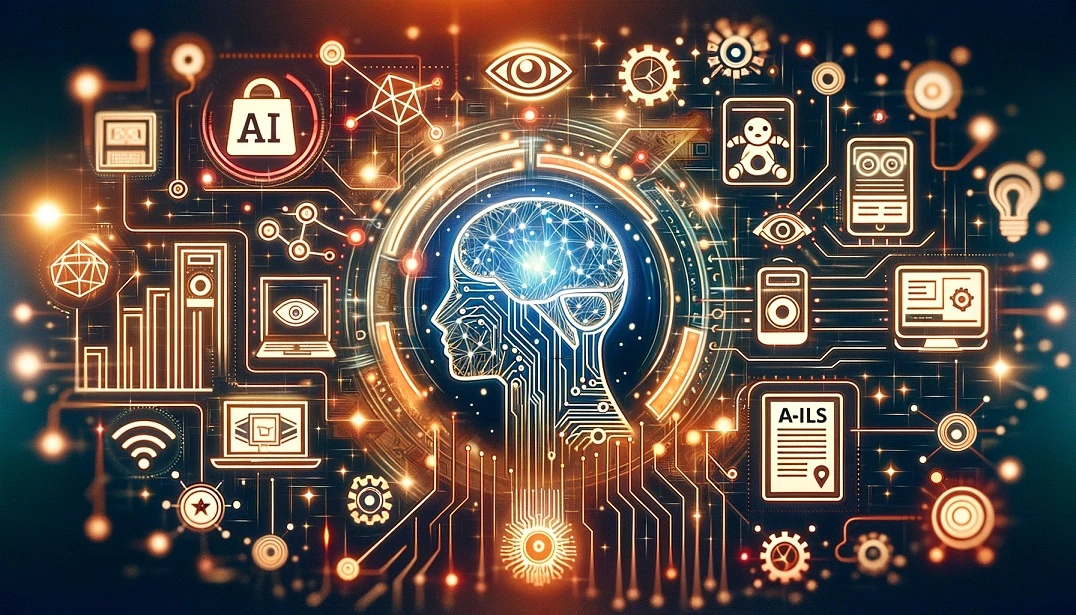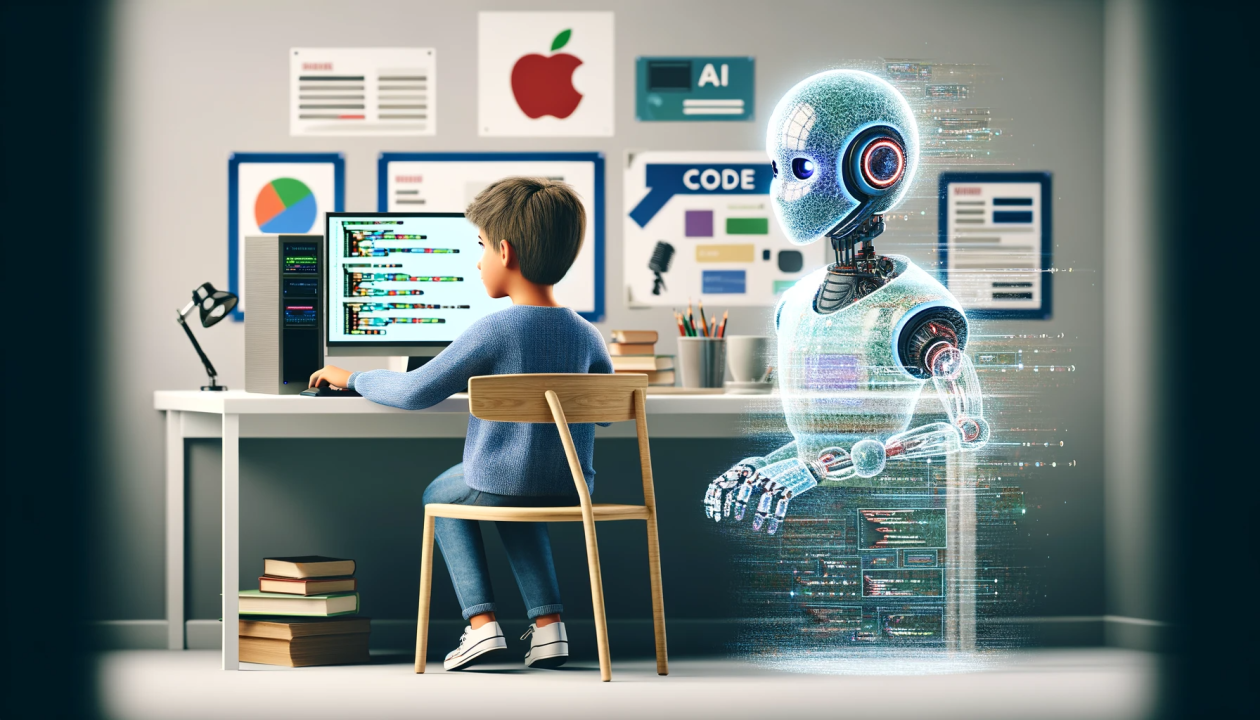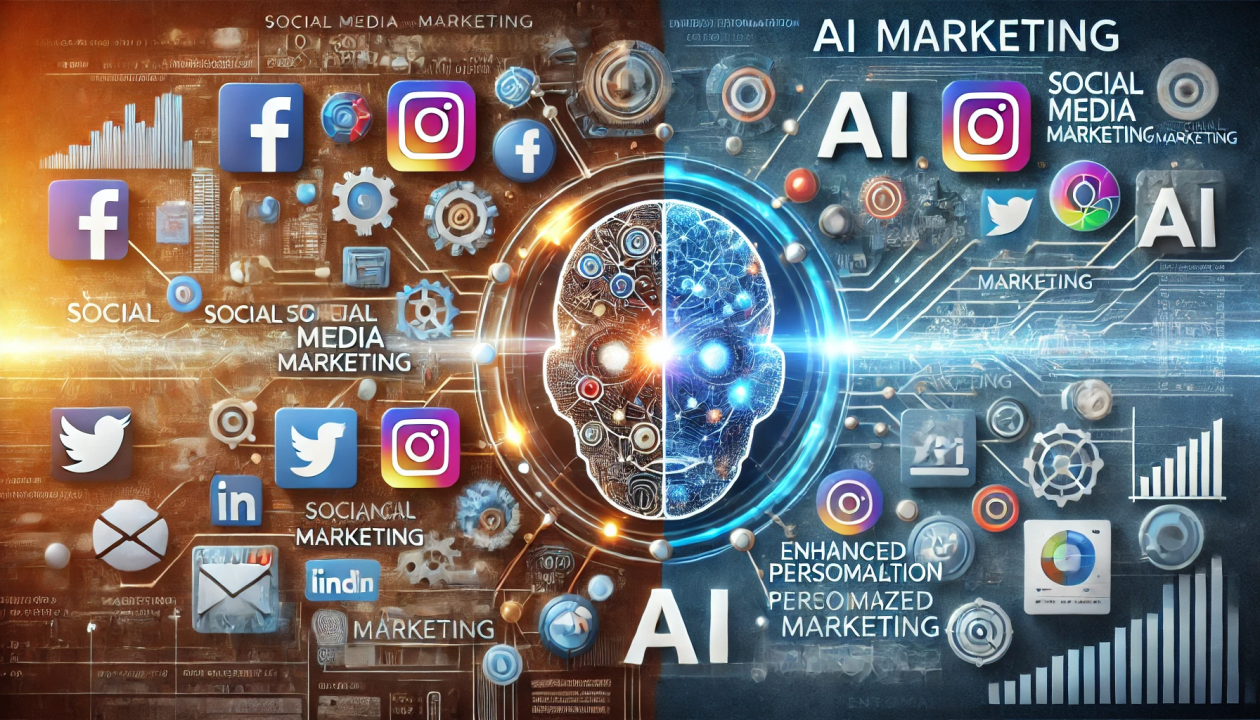Artificial Intelligence (AI) plays a growing role in how social media platforms operate, from content curation to ad targeting and moderation. However, as AI becomes more integrated into our digital lives, many misconceptions and myths have emerged. Understanding the truth behind these myths is crucial for both users and creators navigating the social media landscape.
What Is AI in Social Media?
AI in social media involves the use of algorithms, machine learning, and data analytics to automate and optimize various functions—such as recommending content, detecting spam, personalizing feeds, and managing large volumes of data. Despite its growing presence, myths surrounding AI often distort public understanding.
Common AI Myths in Social Media
Myth 1: AI Understands Everything You Post
Reality:
AI doesn’t truly understand human emotions or complex context the way people do. It relies on patterns in data—keywords, images, and behavior—to make predictions. While AI can detect certain sentiments or flag harmful content, it often struggles with sarcasm, cultural nuance, or deeper meanings.
Myth 2: AI Is Completely Unbiased
Reality:
AI reflects the data it’s trained on. If that data contains historical, cultural, or societal biases, the AI system can unknowingly amplify them. On social media, this can lead to biased content moderation or unequal visibility for certain communities and voices.
Myth 3: AI Can Replace Human Moderators
Reality:
While AI can filter large volumes of posts quickly, it can’t make ethical or contextual decisions like humans can. Platforms still rely on human moderators—especially for sensitive or ambiguous content—because AI lacks moral judgment and emotional intelligence.
Myth 4: AI Is Watching and Listening All the Time
Reality:
This popular myth stems from the uncanny accuracy of targeted ads. In most cases, AI uses behavioral data (likes, follows, search history) rather than secretly listening through devices. It’s pattern recognition—not surveillance—that drives personalization.
Myth 5: AI Creates Viral Content Automatically
Reality:
AI can help identify trending topics or optimize content formats, but virality is unpredictable. Authentic engagement, timing, relevance, and human creativity still play key roles in making content go viral.
Myth 6: Everyone’s Feed Is Controlled by AI
Reality:
AI heavily influences what appears in your feed, but users still have some control. Algorithms consider engagement history, interests, and connections—but also allow customization through settings, follows, and content preferences.
Why These Myths Matter
Believing in AI myths can create mistrust, fear, or unrealistic expectations. It may lead users to overestimate or underestimate how much control AI has over their online experiences. A clearer understanding promotes informed usage and encourages ethical development of AI tools.
Conclusion
AI in social media offers powerful capabilities, but it’s not magical or infallible. Debunking common myths helps us see AI for what it really is—a tool shaped by data, design, and human decisions. As AI continues to evolve, staying informed and critically engaged is essential for navigating the future of social platforms responsibly.







Leave feedback about this